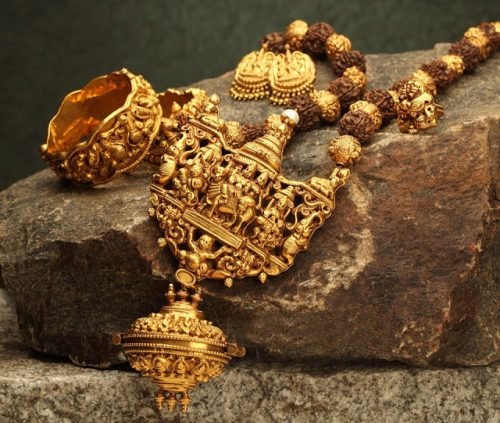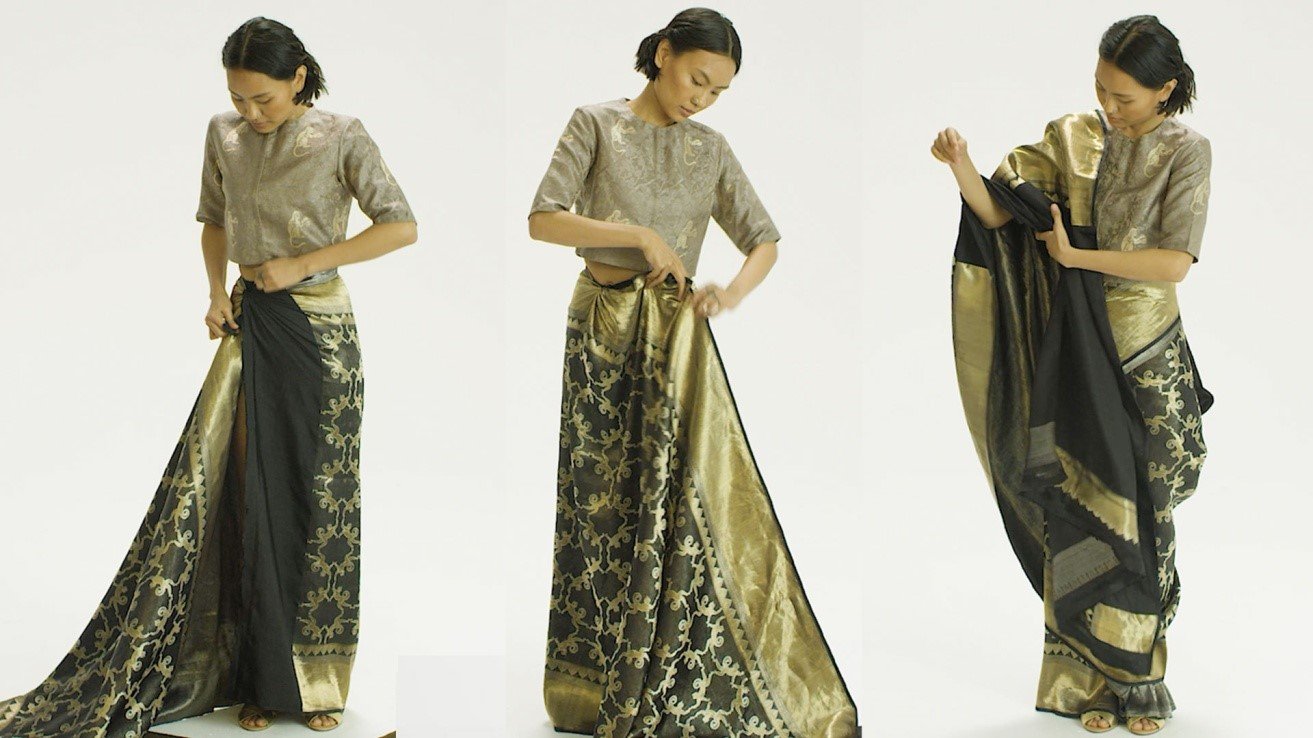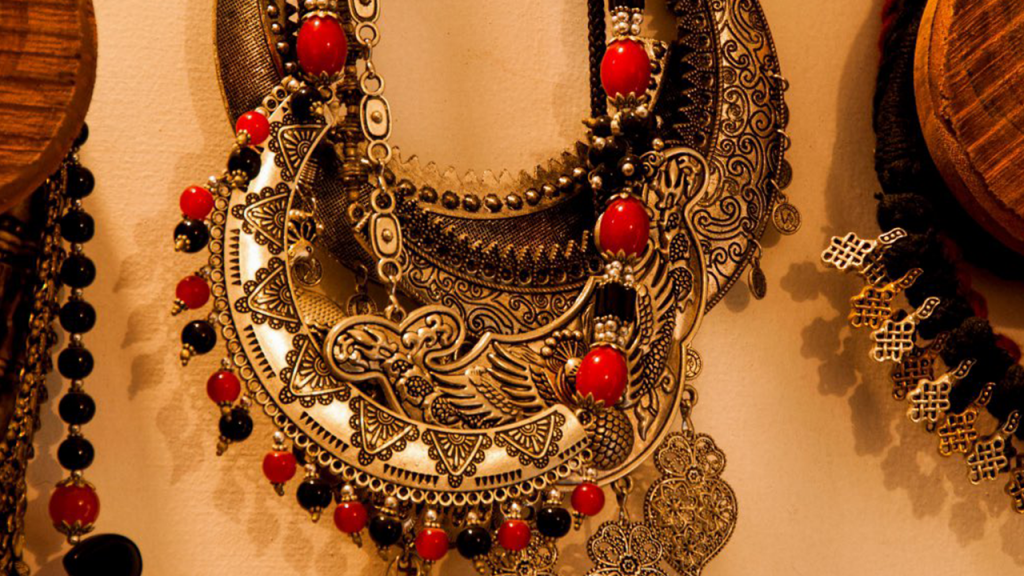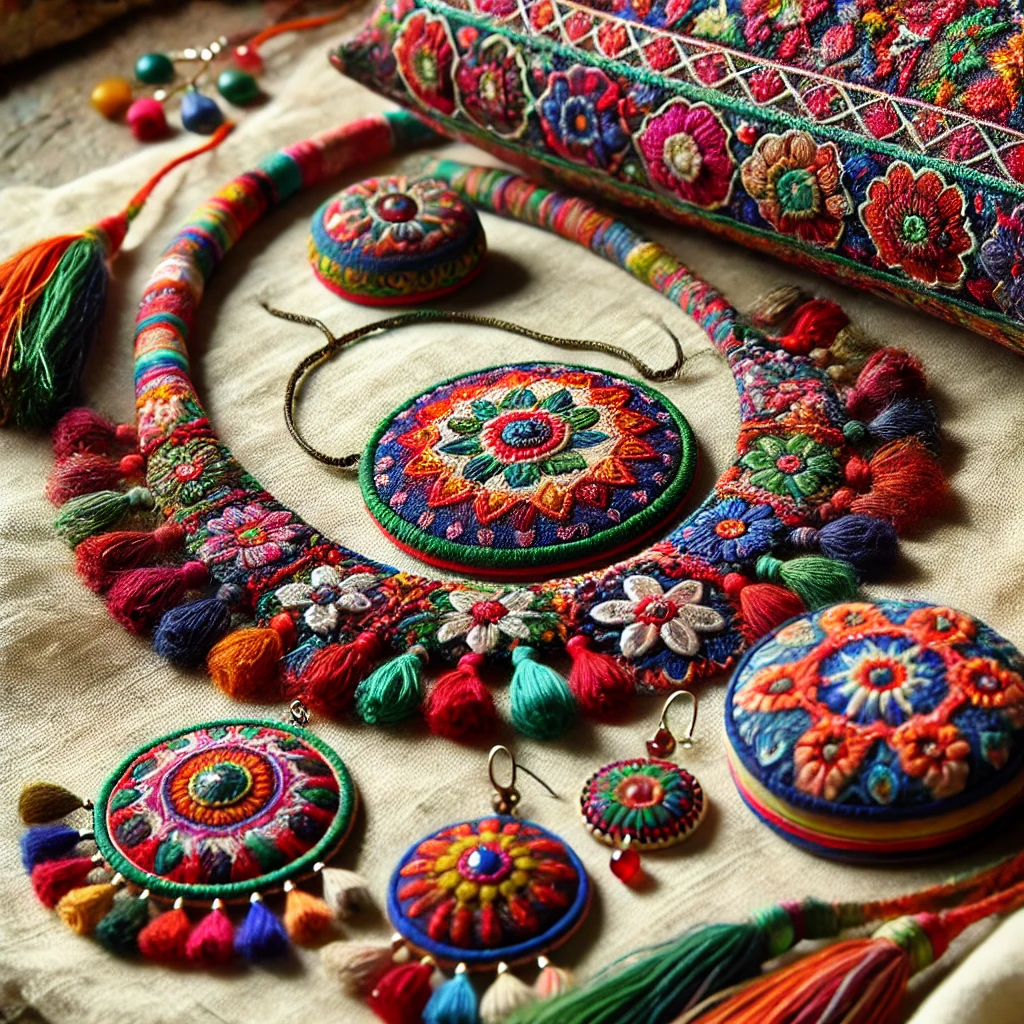
If there is ever such a debate on the pros and cons of machine-made vs handmade jewellery, there are a few key points that could nail the argument for hand-made creations, and are listed below:
- Sustainability
- Support individual artisans
- Make fashion statements with unique, individualistic styles
In India, owning jewellery has historically served dual purposes: enhancing one’s attire through ornamentation and serving as a valuable asset for wealth building. Gold, particularly in 22K to 24K purity, is commonly used and often features traditional hand carvings and designs that reflect the rich heritage of various states and regions.
In addition to gold, Indians also consume significant quantities of silver, diamonds, and precious gemstones. Ethnic and tribal jewellery, primarily crafted from pure silver and alloys, has gained popularity as bold, handmade accessories. These chunky pieces can effortlessly complement both traditional and contemporary outfits, making them versatile additions to any jewellery collection.
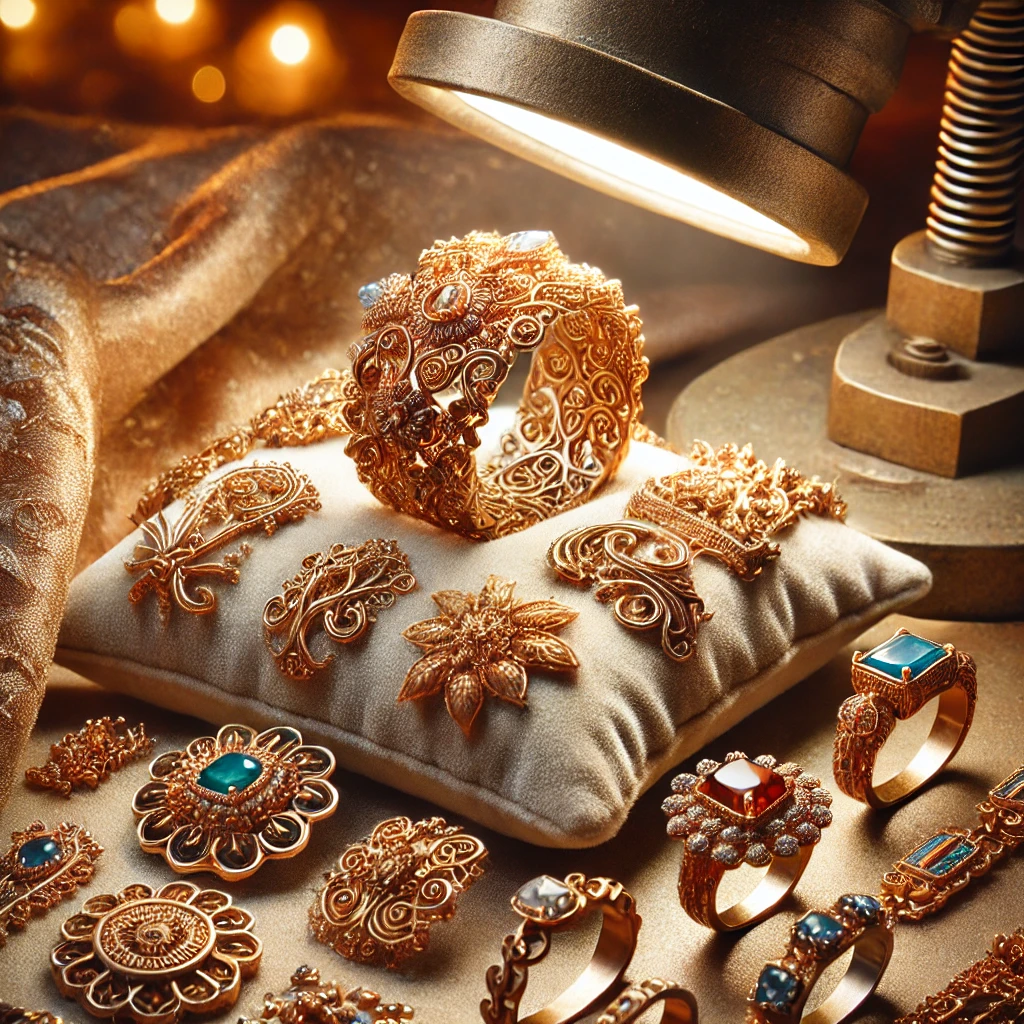
The Evolution of Jewellery Manufacturing
As demand for precious jewellery surges in India and globally, particularly for weddings and special occasions, manufacturers are embracing advanced machinery to produce jewellery in bulk. This shift emphasizes high-quality finishes, the purity of metals and stones, and a focus on precision. Machine-made jewellery is characterized by its classic elegance and contemporary designs, where perfection is the ultimate goal for manufacturers.
In contrast, traditional handcrafted jewellery highlights the unique skills and creativity of artisans, honed over generations. Each piece tells a story and carries a distinctive charm, contributing to a sense of individuality. Choosing handcrafted jewellery not only supports local artisans but also promotes sustainability, making it a meaningful choice for consumers seeking unique pieces.
The Artistry of Handmade Jewellery
Handmade bead necklaces serve as a prime example of the artistry and quality inherent in handmade jewellery. These necklaces can be creatively strung in various styles and come in a diverse palette of colors. Made from materials like brass, German silver, and alloys, they offer a bold fashion statement and can be tailored to match any outfit, making them versatile accessories.
Beyond their aesthetic appeal, handmade jewellery makes for thoughtful gifts that leave a lasting impression. Each piece carries a sense of pride for the wearer, often being branded to signify quality. By selecting handmade jewellery, individuals not only acquire a unique accessory but also contribute to the preservation of artisan craftsmanship.
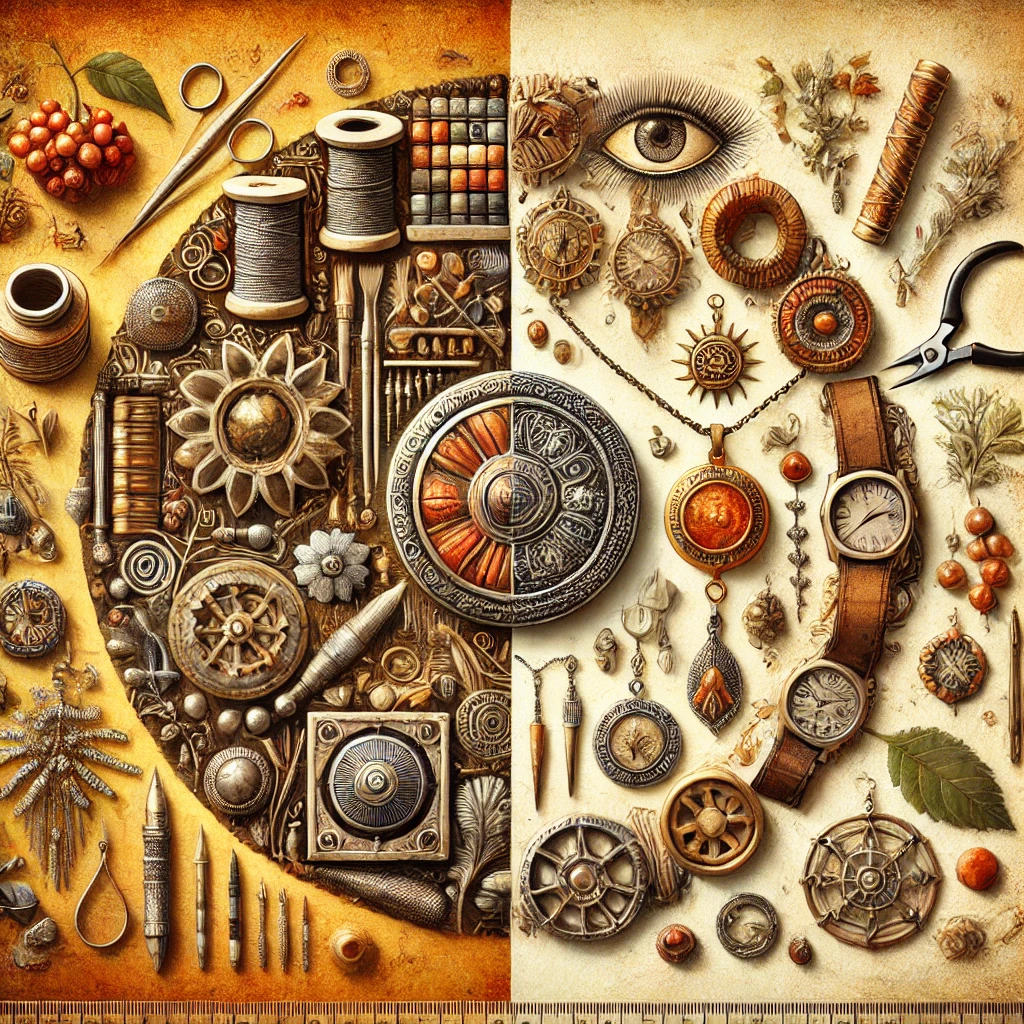
Sustainability and Environmental Benefits of Handmade Jewellery
A person wearing a unique handmade piece can stand out in a crowd, and machine-made options though they look perfect, can remain innocuous. Handmade jewellery is often produced by local artisans, and by wearing one such product you not only commit to sustainability, but keep alive an art, the creators and their livelihood. It can thus give tremendous sense of satisfaction for those who purchase them for self-use and for gifting as well. Moreover, artisans tend to use natural and locally grown material that are softer on the environment. These could be cotton, hessian, bell metal, copper, oxidised silver, vegetable dyes for colour, and hand embroidery for making designs and patterns.
Manufacturing of machine-made jewellery generate greater employment opportunities due to factory style production units and assembly lines, but the creative license remains with the designer of the brand or the company that owns the manufacturing unit. However, in terms of durability, machine-made jewellery scores over handmade ones, as the former is made of less malleable material, is hardy and the finish will not have imperfections. More than that, a branded piece displayed in a showroom will need to live up to certain standards and therefore more reliable.

Machine-made jewellery made from precious metals and stones bear the risk of being copied and sold for a lesser price to create a demand. One needs to be aware of imitation pieces that generally flood the markets. Its common on online sites to find imitations, and hence best to seek out a genuine and reputed jeweller and buy directly from their showroom or retail outlet, after verification of genuineness and certification of authenticity and purity.
An expression of originality and personality can be brought out with handmade jewellery and accessories. For making a mark, at a special occasion, a handmade piece from a master craftsman is the way to go.
Conclusion
Thus, in our debate on machine -made as opposed to hand-made jeweller, the charming and heart-warming element is that it is the imperfections that make us humans, and our ability to embrace this fact. Taking time to research and locate handmade jewellery specialists will ensure something outstanding and out-of-the ordinary bracelet, neckwear, ring or earrings gets added to your collection.









